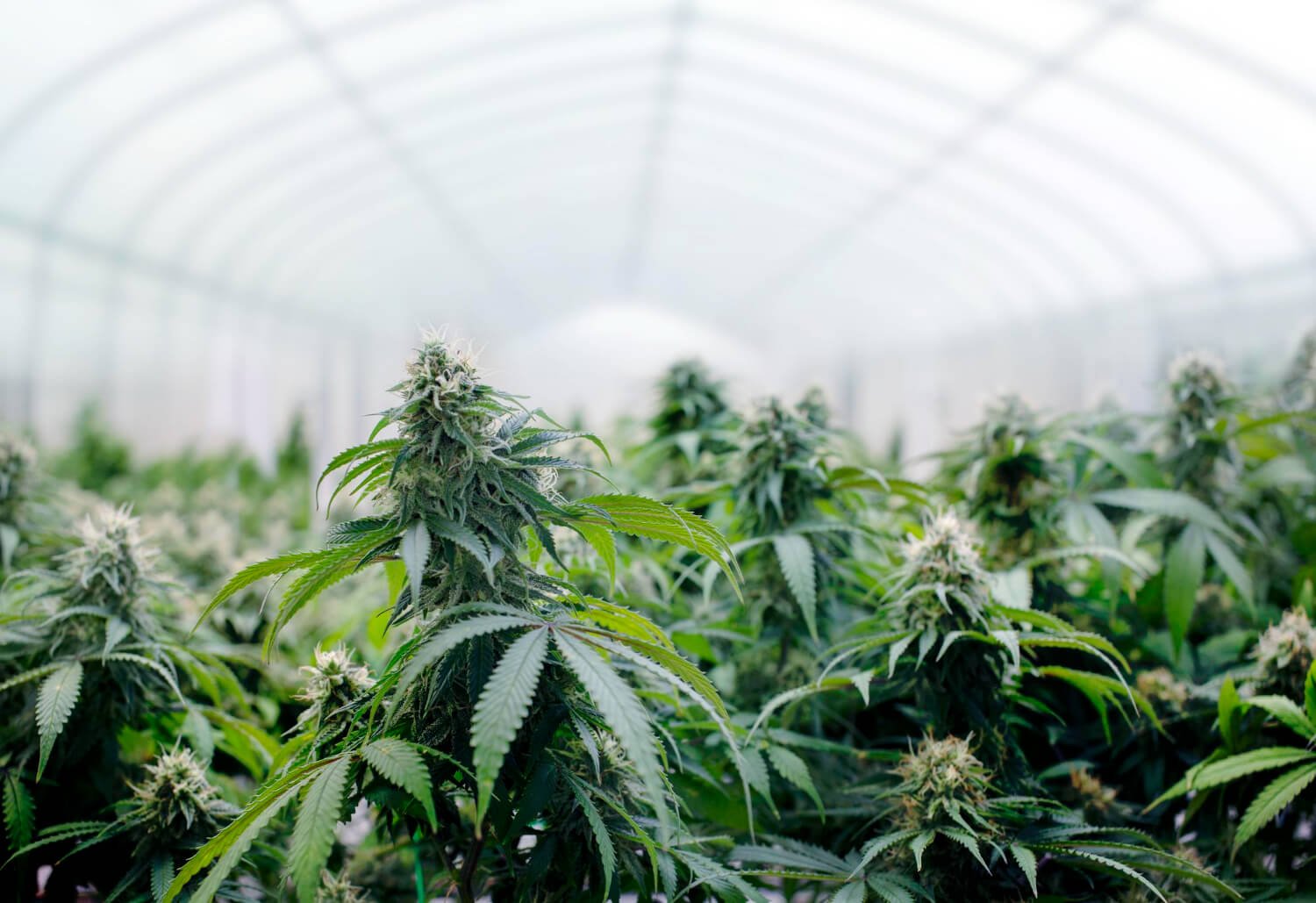Canadian cannabis heavyweight Canopy Growth Corp. revealed its decision to cease funding for its subsidiary, BioSteel Canada, with plans to sell the business via a court-supervised process. The announcement followed BioSteel’s successful application for creditor protection under the Companies’ Creditors Arrangement Act.
This move by Canopy Growth comes as their focus shifts towards profitability and leadership within the North American cannabis sector. As part of their efforts to conserve cash and safeguard assets amidst financial difficulties, BioSteel opted to enter into creditor protection proceedings.
Up to this point, over CA$366 million had been provided in funding to BioSteel by Canopy and one of its affiliates. According to court documents, BioSteel has faced negative cash flow and required support from Canopy, amounting to approximately CA$15 million per month.
Doubling Sales Despite Financial Struggles
Regardless of these financial challenges, BioSteel sales during the fiscal year 2023 totaled CA$69.6 million, more than twice that of the previous year’s CA$34.6 million in sales revenue. As of late 2022, Canopy Growth and BioSteel sought potential buyers or additional investment through the assistance of Goldman Sachs & Co. Following this initial search, they formed a special committee and engaged the services of financial advisor Greenhill & Co. Canada. This collaboration explored strategic alternatives for the sale of BioSteel, ultimately resulting in the pursuit of a court-supervised sale process.
Sale Process Delayed amid Financial Reporting Concerns
Earlier in the year, concerns surrounding inconsistencies in financial reporting caused the sales process to be temporarily paused. Upon thorough evaluation by Canopy Growth Corp., the decision was made to seek creditor protection for BioSteel. This court-supervised sale process allows safeguards for all stakeholders involved and has been deemed the best course of action.
The planned sale is representative of Canopy Growth’s ongoing transformation, adjusting its strategy to focus more on cannabis-related endeavors to increase profitability and secure a leadership position within the North American market. A significant factor driving this change in direction includes the misalignment observed between Canopy Growth’s primary objective and BioSteel’s operating costs. As a manufacturer of sports nutrition beverages, BioSteel did not fit directly into their new strategic plans.
Significance of Divesting from BioSteel for Canopy Growth
By withdrawing support for BioSteel and ultimately divesting from the subsidiary company, Canopy Growth allows itself room to invest further in cannabis-focused efforts, which can bring growth and profit potential. Even after providing extensive financial backing to the struggling subsidiary, this decision demonstrates Canopy’s determination to establish itself as an industry leader.
On top of refocusing their efforts on the rapidly evolving cannabis market, another crucial aspect of Canopy’s business transformation will be improving their balance sheet, reducing undue financial pressures. The amicable separation with BioSteel marks a critical step forward for Canopy and potentially for BioSteel. The start of the court-supervised sale process offers the opportunity for investment by companies better aligned with BioSteel’s core offerings.
Looking Ahead to the Future of Canopy Growth and BioSteel
In light of these developments, it is essential to consider how this shift will influence both Canopy Growth and BioSteel moving forward. For Canopy Growth, the move signifies an increased emphasis on leveraging its strengths in the cannabis sector and striving for greater profits by investing in promising ventures within the industry.
At the same time, BioSteel now has the chance to find a better-suited parent company or investors more aligned with their focus on sports nutrition beverages. With the sale process underway, stakeholders of both companies can look forward to the possibility of each business reaching its potential independently and their continued growth in their respective markets.





